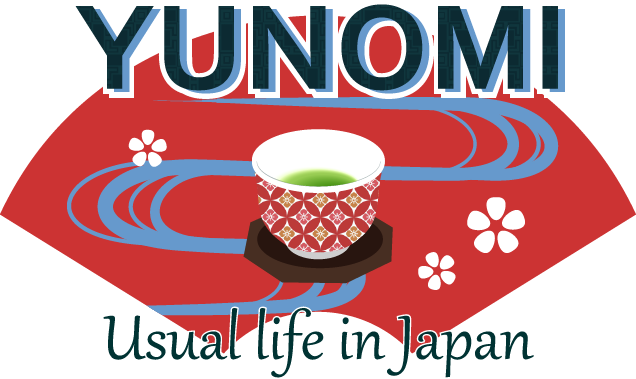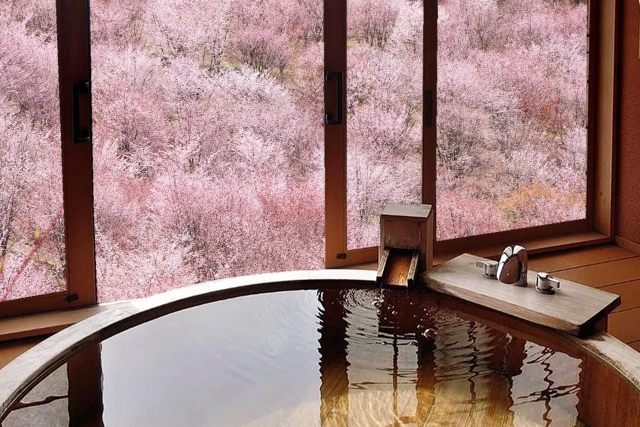Japan is a country blessed with an abundance of hot springs, known as "onsen." These natural baths offer more than just relaxation—they provide a unique opportunity to experience traditional Japanese culture. Whether you're a first-time visitor or a seasoned onsen enthusiast, this guide will help you make the most of your onsen experience, covering essential etiquette, how to enjoy the hot springs, and recommendations for top onsen destinations.
What is an Onsen?
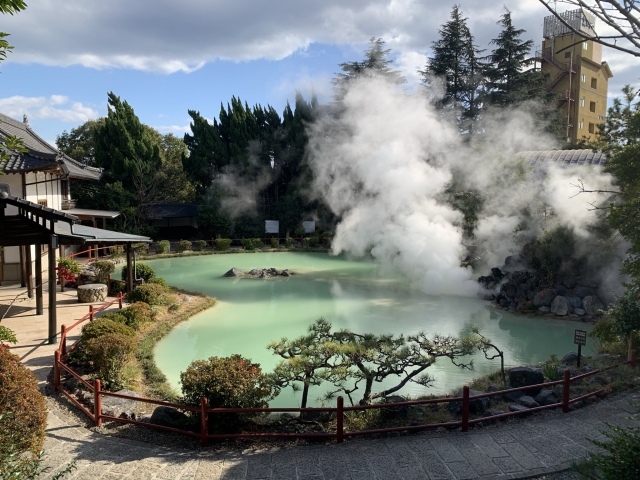
An onsen is a natural hot spring bath, heated by geothermal energy from the earth. The mineral-rich water in onsen is known for its various health benefits, and onsen culture has been an integral part of Japanese life for centuries. Onsen are found all over Japan, each with its unique characteristics and local traditions.
Types of Onsen and Their Benefits
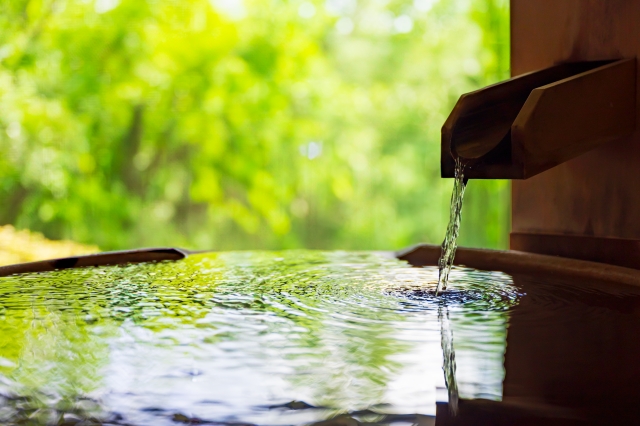
Japanese onsen are categorized based on their mineral content, each offering different therapeutic benefits. Here are a few common types:
- Sulfur Onsen:
Known for its distinct smell, sulfur onsen are said to help with skin conditions and rheumatism. They are also popular for their skin-beautifying properties, making them a favorite among women. - Carbonated Onsen:
Rich in carbon dioxide, these onsen stimulate blood circulation and are excellent for relieving fatigue. The tiny bubbles create a pleasant tingling sensation on the skin. - Salt Onsen:
Containing high levels of salt, these onsen have excellent moisturizing effects and are believed to alleviate nerve pain and poor circulation. The warmth from a salt onsen stays with you long after you leave the bath. - Iron Onsen:
Characterized by its reddish-brown color, iron onsen are believed to help improve anemia and boost metabolism.
Preparing for Your Onsen Experience
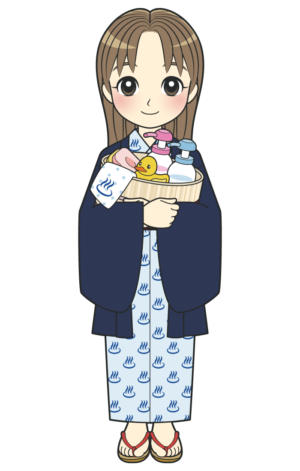
Before heading to an onsen, a little preparation will go a long way in ensuring a smooth and enjoyable experience.
What to Bring to an Onsen
When visiting an onsen, here are the basic items you should bring:
Towels

Bring a small towel and a larger bath towel. The small towel is used for washing your body, while the large towel is for drying off afterward.
Shampoo and Soap
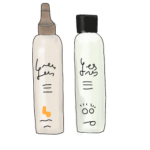
Many onsen provide these amenities, but if you have particular preferences, feel free to bring your own.
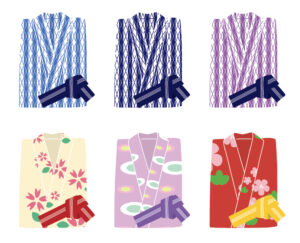
Some onsen provide a yukata (a casual cotton kimono) for you to wear around the facility.
If you plan to explore the surrounding area, bringing your own comfortable clothing or yukata is a good idea.
Understanding Onsen Etiquette
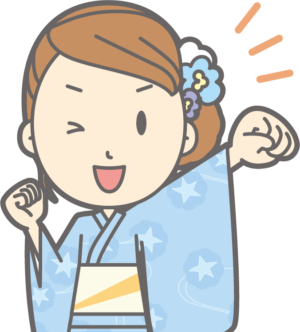
Understanding Japanese onsen etiquette is key to having a positive experience. This will help you avoid any cultural missteps and allow you to relax fully.
Keep Noise to a Minimum
Onsen are places for relaxation. Avoid speaking loudly or engaging in disruptive behavior that might disturb others.
Shower Before Entering the Bath
Always wash your body thoroughly before entering the communal bath.
Pay special attention to your hair and feet to ensure you are clean.
Tie Up Long Hair
If you have long hair, be sure to tie it up to prevent it from touching the water.
This helps keep the onsen water clean for everyone.
How to Enjoy an Onsen
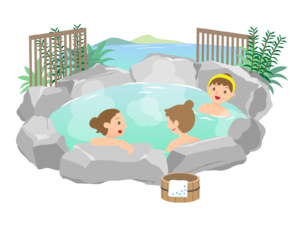
Once you're prepared, it's time to fully enjoy the onsen experience. Here are some tips to make the most of your visit.
Take Your Time
When soaking in an onsen, take your time and don't rush. Start with a short soak of 5-10 minutes, then take a break before going back in. This will help your body adjust to the heat and allow you to enjoy the therapeutic benefits without overexertion.
Enjoy the Open-Air Bath
An open-air bath, known as a rotenburo, offers a uniquely Japanese experience. Bathing while surrounded by nature—whether it’s under the falling snow or amidst vibrant autumn leaves—provides deep relaxation and a connection to the environment.
Savor the Water's Qualities
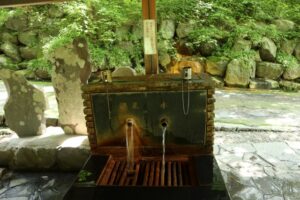
Each onsen has its own unique mineral composition, so take the time to savor the different textures, colors, and aromas of the water. In some onsen, you can even drink the mineral water (known as nomi-onsen) for additional health benefits.
Post-Onsen Relaxation

The relaxation doesn't end when you step out of the bath. Here are some ways to continue your onsen experience.
Refresh with a Cold Drink
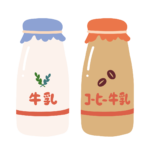
After a hot soak, nothing beats a refreshing cold drink. Many onsen facilities offer milk or fruit juices specifically for post-bath enjoyment. These beverages are a beloved part of the onsen experience in Japan.
Explore the Onsen Town
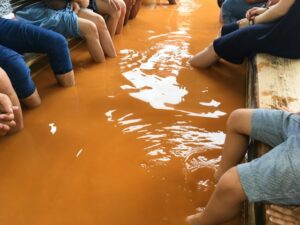
Onsen towns are charming areas full of local shops and traditional crafts. Take a stroll through the streets, try local delicacies, and perhaps dip your feet in a footbath (ashiyu) while taking in the sights.
Indulge in a Massage
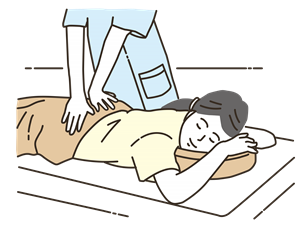
Many onsen offer massage services, allowing you to further unwind after your soak. A massage can help release any remaining tension and leave you feeling completely rejuvenated.
Recommended Onsen Destinations
For those planning a visit to Japan, here are some must-visit onsen destinations:
- Hakone Onsen (Kanagawa Prefecture): Just a short trip from Tokyo, Hakone is famous for its scenic views and a wide variety of hot spring resorts. It's a great destination for first-time visitors.
- Kusatsu Onsen (Gunma Prefecture): Known for its highly acidic waters, Kusatsu Onsen is one of Japan's most famous hot spring towns. The Yubatake, or "hot water field," is a must-see attraction.
- Beppu Onsen (Oita Prefecture): Beppu is renowned for its "Hells"—a series of hot springs with unique, often striking appearances. Beppu also offers a wide range of bathing options, including sand baths and mud baths.
- Arima Onsen (Hyogo Prefecture): One of Japan's oldest and most famous hot springs, Arima Onsen is known for its "Gold" and "Silver" baths, rich in minerals and therapeutic benefits.
- Noboribetsu Onsen (Hokkaido): Located in the northern island of Hokkaido, Noboribetsu is famous for its sulfur-rich waters and dramatic natural surroundings.
